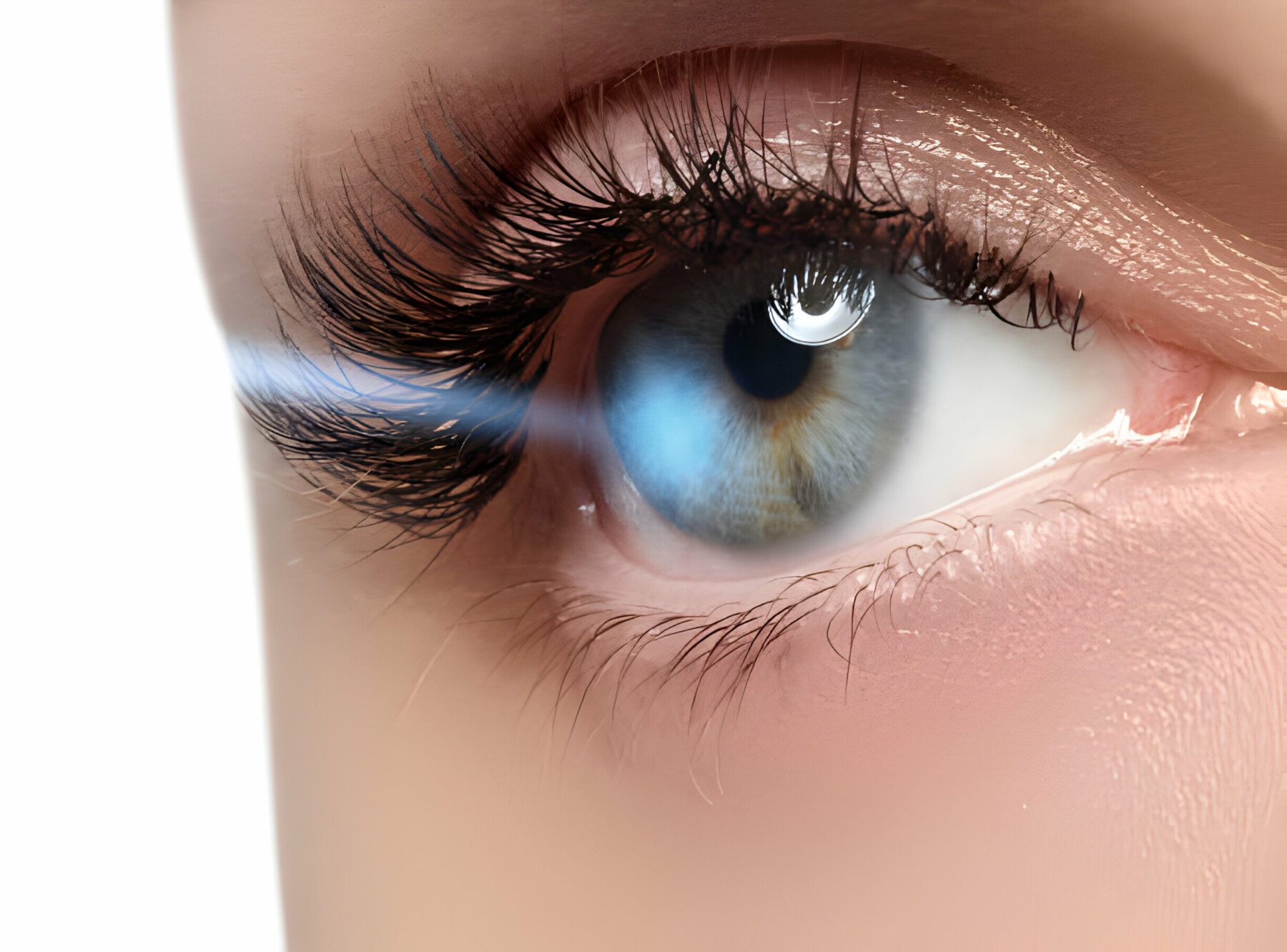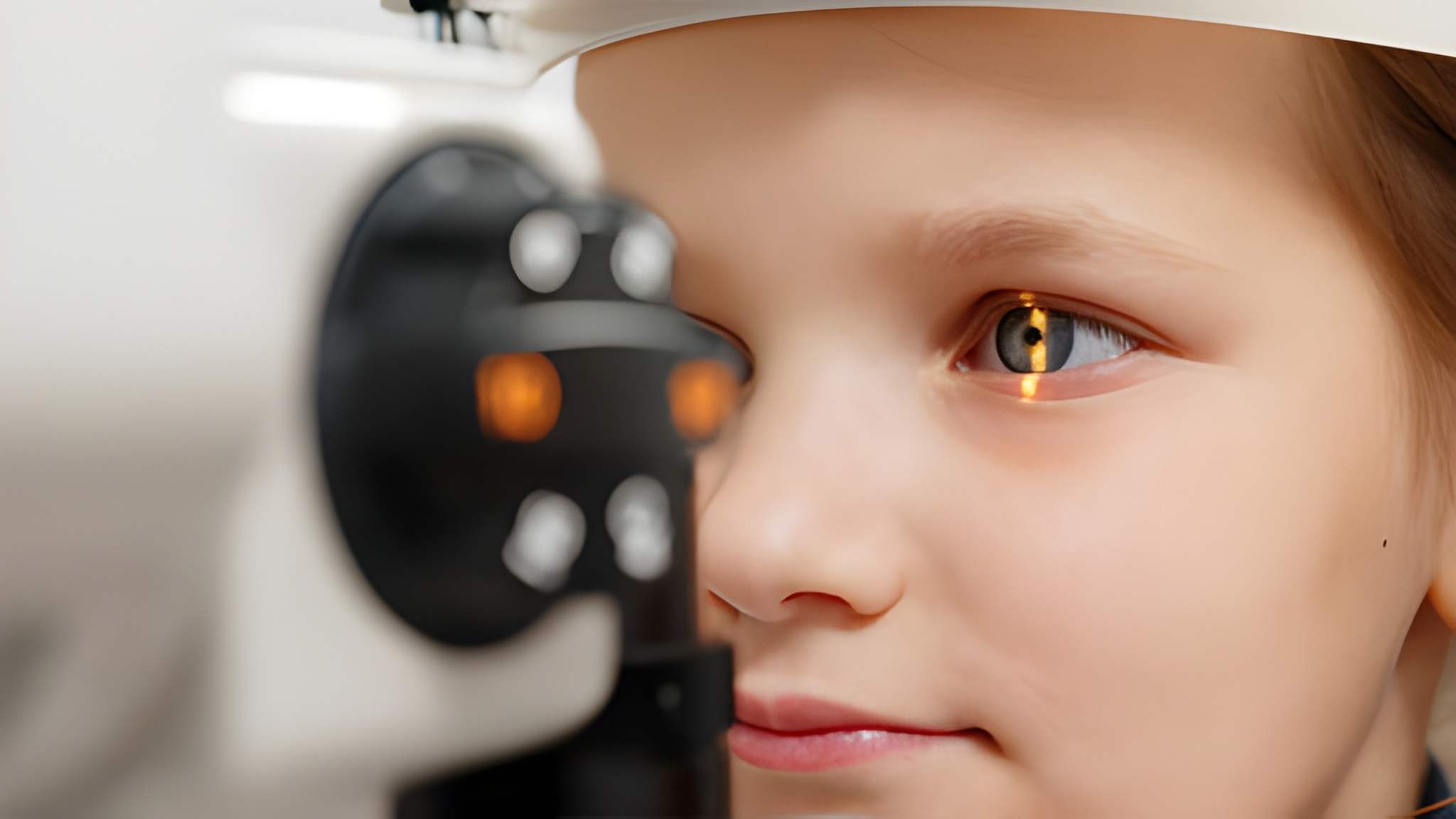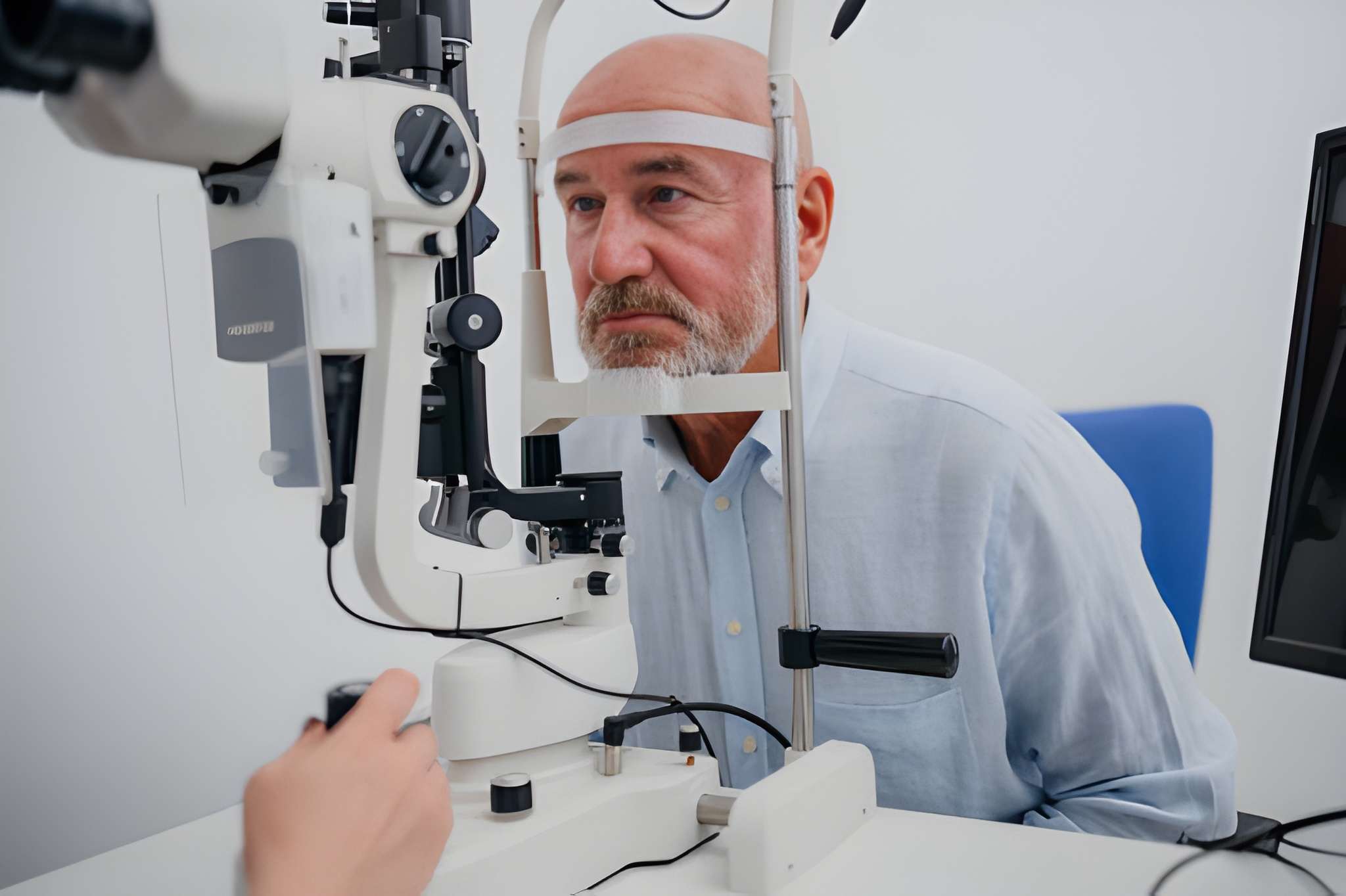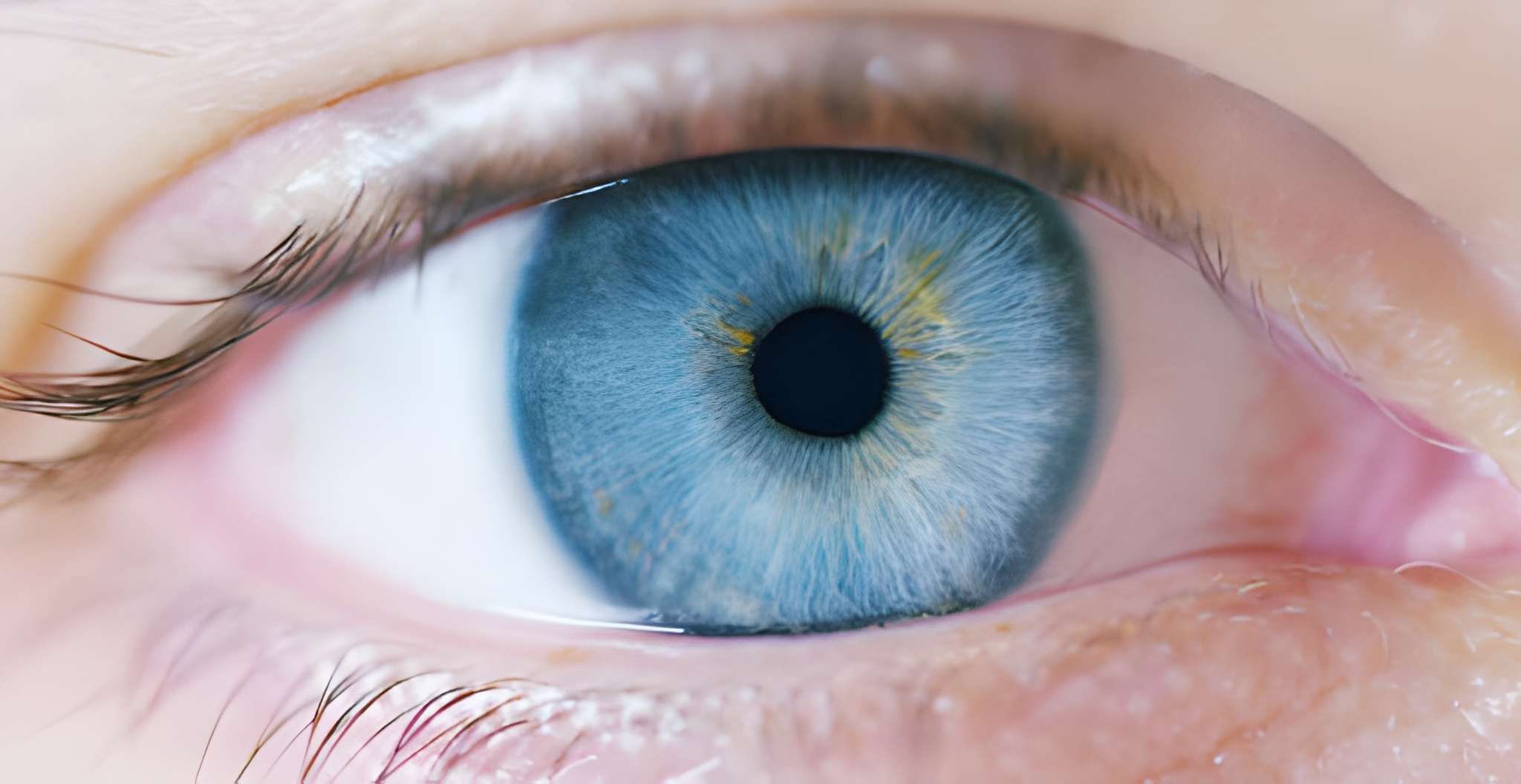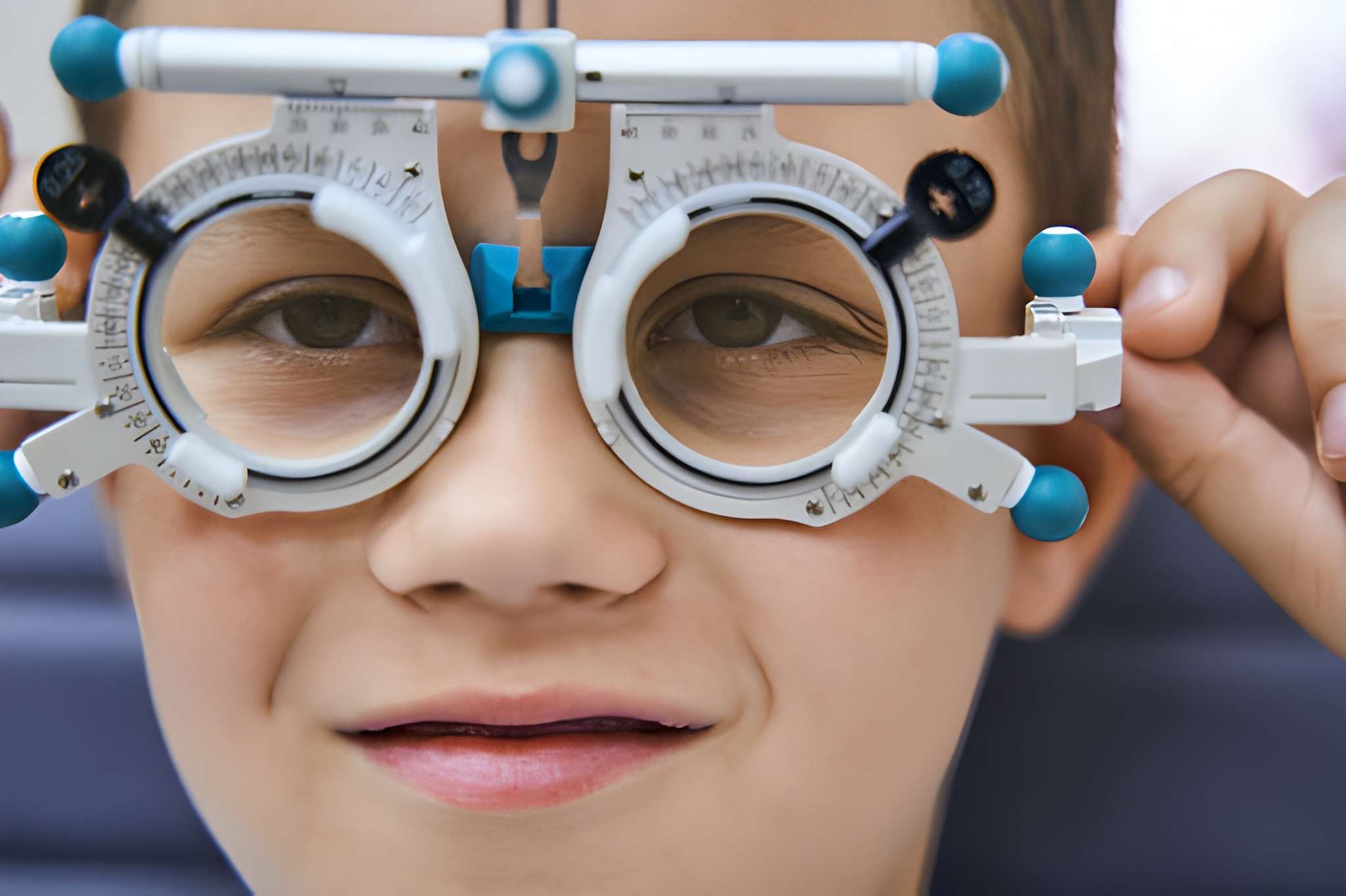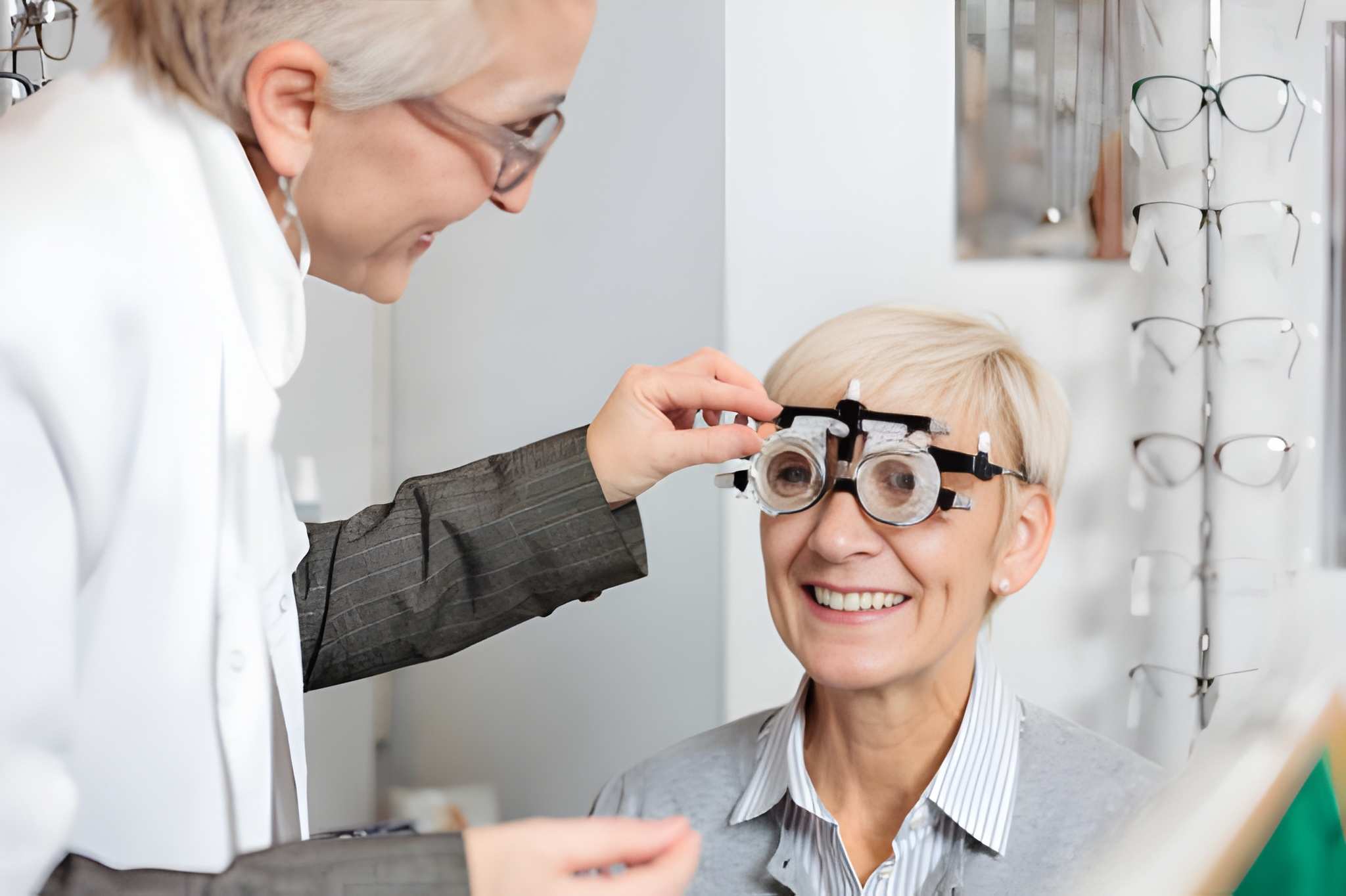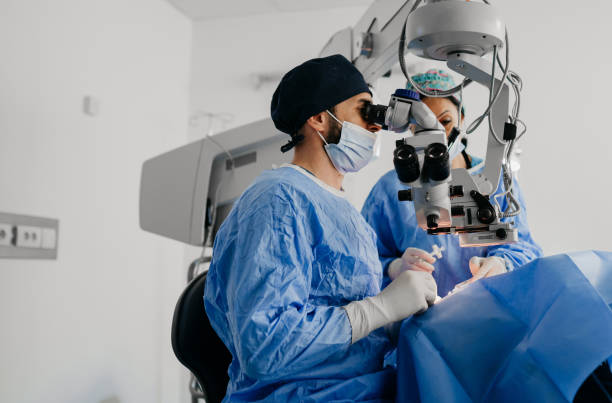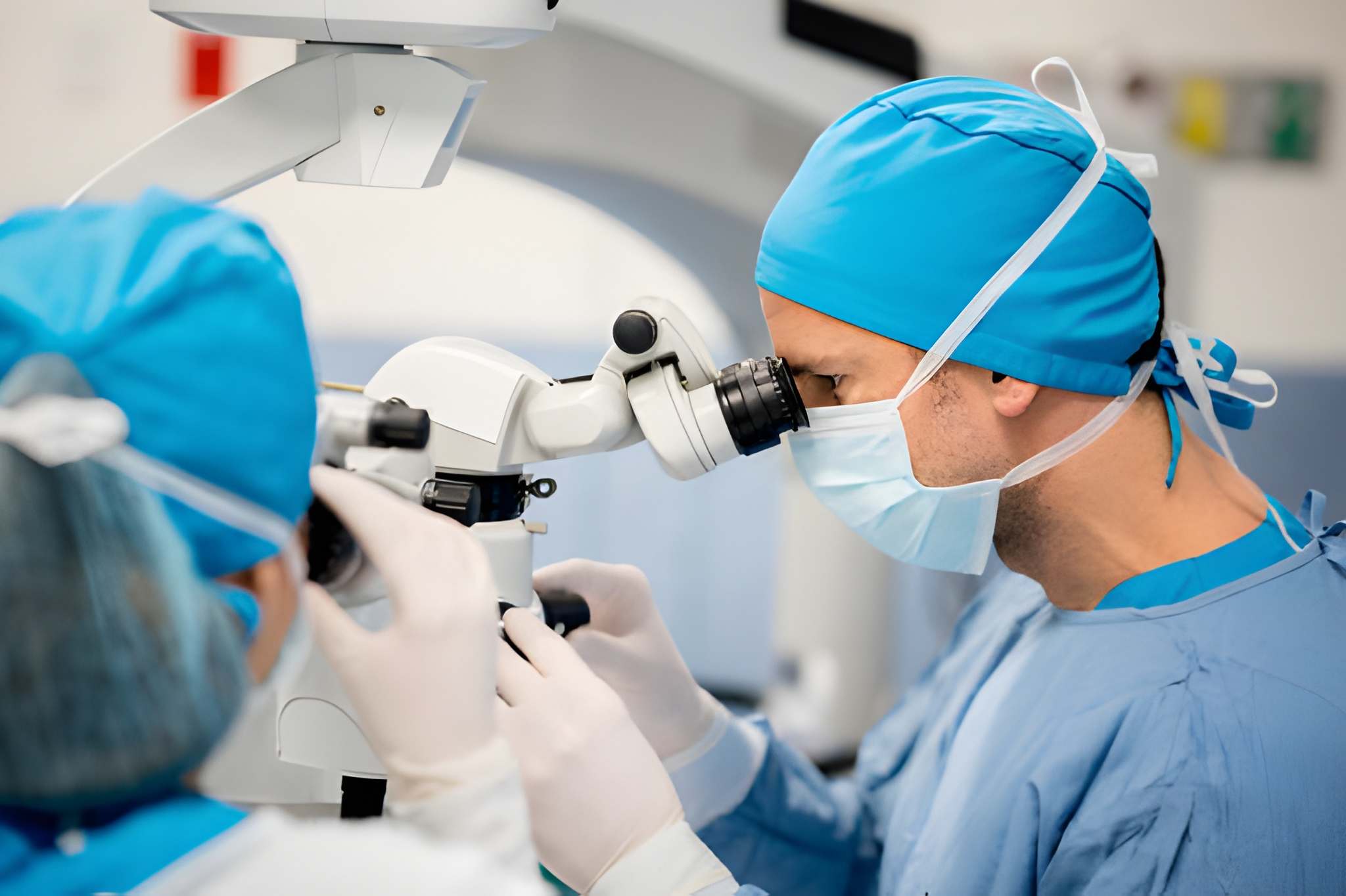Eye problems can range from minor issues like dryness and redness to serious conditions such as cataracts, glaucoma, and retinal diseases. The good news is that many eye problems can be effectively treated or managed with the right medical intervention. With advancements in ophthalmology, various treatments and surgeries are available to address these issues, often leading to significant improvements in vision and quality of life. Consulting a retina specialist in Dubai can provide access to some of the latest treatments and technologies in eye care.
Common Eye Problems and Their Treatments
Refractive Errors
Refractive errors, including myopia (nearsightedness), hyperopia (farsightedness), astigmatism, and presbyopia, are among the most common eye problems. These conditions occur when the shape of the eye prevents light from focusing directly on the retina. Corrective lenses such as glasses or contact lenses are the most common solutions. For those seeking a more permanent fix, refractive surgeries like LASIK (Laser-Assisted In Situ Keratomileusis) or PRK (Photorefractive Keratectomy) can reshape the cornea to correct vision.
Why do Children Have Eye Problems?
Cataracts
Cataracts, characterized by clouding of the eye’s natural lens, are a leading cause of vision impairment, particularly in older adults. Cataract surgery, which involves removing the cloudy lens and replacing it with an artificial intraocular lens (IOL), is a highly effective treatment. This outpatient procedure typically has a high success rate and can significantly improve vision. Advances in IOL technology also allow for correction of refractive errors, providing clearer vision without the need for glasses.
Glaucoma
Glaucoma is a group of eye conditions that damage the optic nerve, often due to high intraocular pressure. Early detection and treatment are crucial to prevent vision loss. Treatment options include medications (usually in the form of eye drops), laser therapy, and surgical procedures to improve fluid drainage from the eye. Regular monitoring by an eye specialist is essential to manage the condition effectively and preserve vision.
Macular Degeneration
Age-related macular degeneration (AMD) affects the macula, the part of the retina responsible for central vision. While there is no cure for AMD, treatments can slow its progression and help maintain vision. For wet AMD, anti-VEGF (vascular endothelial growth factor) injections are used to reduce abnormal blood vessel growth and leakage. Nutritional supplements, lifestyle changes, and low vision aids can also help manage the condition and improve quality of life.
Diabetic Eye Problems, Prevention & Management
Advanced Treatments for Retinal Diseases
Diabetic Retinopathy
Diabetic retinopathy is a complication of diabetes that affects the blood vessels in the retina. Early stages may not require immediate treatment but necessitate regular monitoring. Advanced stages can be treated with laser photocoagulation to seal leaking vessels, anti-VEGF injections to reduce swelling and abnormal vessel growth, and vitrectomy surgery to remove blood and scar tissue. Effective diabetes management and regular eye exams are critical to preventing and controlling diabetic retinopathy.
Retinal Detachment
Retinal detachment is a serious condition where the retina peels away from its underlying layer, leading to potential blindness if not treated promptly. Symptoms include sudden flashes of light, floaters, and a shadow over the vision field. Treatment options include laser surgery or cryopexy to repair retinal tears, pneumatic retinopexy (injection of a gas bubble to press the retina back into place), and scleral buckling or vitrectomy for more severe cases. Immediate medical attention is crucial for a successful outcome.
What is the youngest age to get eye surgery?
Retinitis Pigmentosa
Retinitis pigmentosa (RP) is a group of genetic disorders that lead to progressive retinal degeneration and vision loss. While there is currently no cure for RP, research is ongoing to find effective treatments. Vitamin A supplementation and the use of retinal implants like the Argus II retinal prosthesis can help slow progression and restore some visual function. Gene therapy and stem cell research hold promise for future treatments, potentially offering hope for individuals with RP.
Corneal Conditions and Treatments
Keratoconus
Keratoconus is a progressive thinning and bulging of the cornea, leading to distorted vision. In early stages, glasses or contact lenses can correct vision. Advanced cases may require treatments like corneal cross-linking (CXL) to strengthen the cornea, Intacs (corneal implants) to flatten the cornea, or corneal transplant surgery. These treatments can stabilize the condition and improve vision, allowing individuals to maintain their quality of life.
Dry Eye Syndrome
Dry eye syndrome occurs when the eyes do not produce enough tears or when tears evaporate too quickly. This condition can cause discomfort, blurred vision, and an increased risk of eye infections. Treatments include artificial tears, prescription medications to increase tear production, and procedures like punctal plugs to block tear drainage. Advanced treatments such as LipiFlow and intense pulsed light (IPL) therapy target the underlying causes of dry eye and provide long-term relief.
Pediatric Eye Problems and Treatments
Strabismus
Strabismus, or crossed eyes, occurs when the eyes do not align properly. Early detection and treatment are crucial to prevent amblyopia (lazy eye) and other vision problems. Treatments include glasses, patching therapy to strengthen the weaker eye, and eye muscle surgery to correct alignment. Pediatric ophthalmologists specialize in diagnosing and treating eye conditions in children, ensuring proper visual development and preventing long-term complications.
Amblyopia
Amblyopia, commonly known as lazy eye, is a condition where one eye has reduced vision due to poor visual development. Early intervention is essential for successful treatment. Patching therapy, atropine drops to blur vision in the stronger eye, and vision therapy exercises can improve the weaker eye’s function. Regular follow-ups with an eye specialist ensure progress and adjust treatment as needed to achieve the best possible outcome.
Innovations in Eye Care Technology
Retinal Implants
Retinal implants, such as the Argus II, represent a significant advancement in restoring vision for individuals with severe retinal damage. These devices consist of an implant placed on the retina and a camera-equipped pair of glasses. The camera captures visual information and transmits it to the implant, which stimulates the remaining retinal cells to create a perception of light. While current retinal implants provide limited vision, ongoing research aims to enhance their resolution and functionality, offering hope for those with profound vision loss.
Gene Therapy
Gene therapy is an emerging field offering potential cures for inherited retinal diseases. By delivering healthy copies of genes to retinal cells, gene therapy can correct genetic mutations and restore normal function. Luxturna, an FDA-approved gene therapy, treats a specific form of inherited retinal dystrophy, demonstrating significant improvements in vision. Ongoing research seeks to expand the application of gene therapy to a wider range of genetic retinal disorders, promising a future where many currently untreatable conditions can be addressed.
Role of Regular Eye Exams
Regular eye exams are essential for maintaining eye health and detecting problems early. Comprehensive eye exams include tests for visual acuity, eye pressure, and the health of the retina and optic nerve. Early detection of conditions like glaucoma, macular degeneration, and diabetic retinopathy allows for timely intervention and better outcomes. Individuals at higher risk, such as those with diabetes or a family history of eye diseases, should have more frequent check-ups. An eye specialist can provide personalized recommendations for maintaining optimal eye health.
The Importance of Personalized Eye Care
Personalized eye care is crucial for addressing the unique needs of each patient. Factors such as age, medical history, and lifestyle influence the approach to diagnosis and treatment. For example, a retina specialist in Dubai can tailor treatments for diabetic retinopathy based on the patient’s overall health and diabetes management. Personalized care plans ensure that patients receive the most effective treatments and support for their specific conditions, enhancing the chances of successful outcomes and improved quality of life.
Patient Support and Rehabilitation
Patients with eye problems often require ongoing support and rehabilitation to adapt to vision changes and maintain independence. Low vision aids, such as magnifiers, screen readers, and specialized lighting, can enhance visual function. Occupational therapy and mobility training help patients navigate daily activities and environments safely. Support groups and counseling provide emotional support and practical advice for managing the challenges of vision loss. Comprehensive care that addresses both medical and psychosocial aspects is essential for helping patients cope with eye conditions.
Advances in Retinal Imaging
Advances in retinal imaging have revolutionized the diagnosis and management of retinal diseases. Techniques such as Optical Coherence Tomography (OCT), fundus photography, and fluorescein angiography provide detailed images of the retina, allowing for early detection and precise monitoring of disease progression. OCT, in particular, offers cross-sectional images of retinal layers, enabling the identification of subtle changes that may indicate early-stage disease. These imaging technologies are invaluable tools for retina specialists, aiding in diagnosis, treatment planning, and evaluation of treatment efficacy.
Future Directions in Ophthalmology
The future of ophthalmology lies in the continued integration of cutting-edge technology and innovative treatments. Advances in artificial intelligence and machine learning are enhancing diagnostic accuracy and personalized treatment plans. Nanotechnology and bioengineering hold promise for developing more effective retinal implants and drug delivery systems. Collaborative research and clinical trials are essential for translating these advancements into practical solutions for patients. The goal is to provide more effective, less invasive treatments that can restore and preserve vision for individuals with various eye conditions.
Trust Dr. Qasim Qasem, Leading Eye Doctor in Dubai
For expert care in managing and treating eye problems, trust Dr Qasim Qasem, a leading eye doctor in Dubai. With extensive experience and specialized training, Dr. Qasim Qasem provides comprehensive care for patients with complex eye conditions. Utilizing the latest advancements in diagnostic and treatment technologies, Dr. Qasim Qasem offers personalized treatment plans tailored to each patient’s needs. Whether you require early detection, advanced surgical interventions, or ongoing management, Dr. Qasim Qasem and his dedicated team are committed to preserving and restoring your vision. Contact Dr. Qasim Qasem today for a consultation and take the first step towards healthier vision with the best retina specialist and eye doctor in Dubai.



